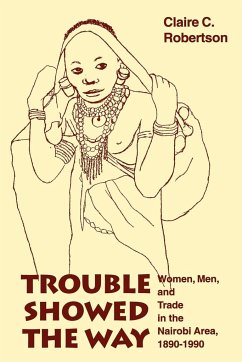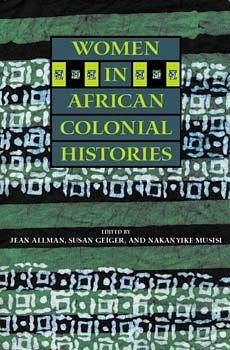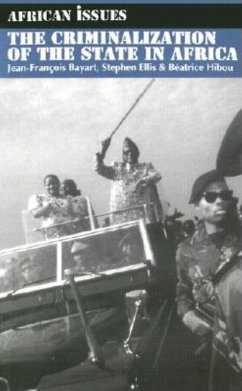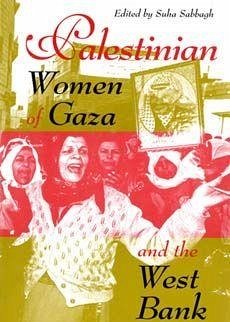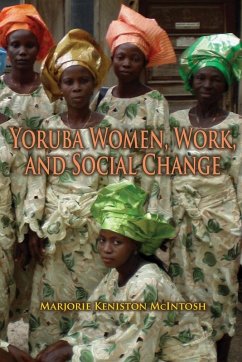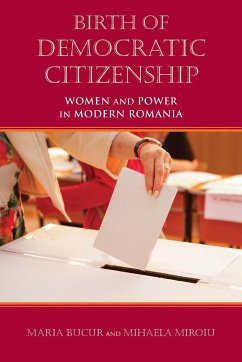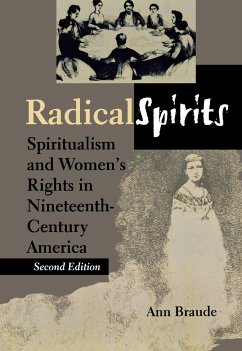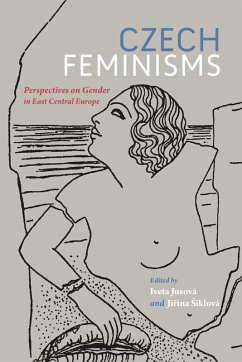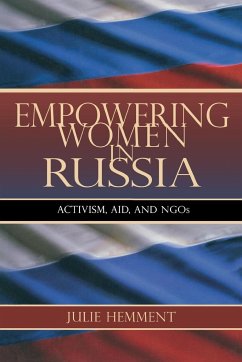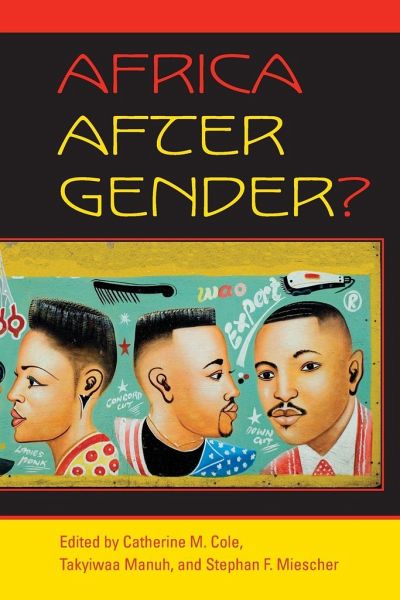
Africa After Gender?
Versandkostenfrei!
Versandfertig in über 4 Wochen
19,99 €
inkl. MwSt.

PAYBACK Punkte
10 °P sammeln!
Catherine M. Cole is Associate Professor of Dramatic Art and Associate Director of the Interdisciplinary Humanities Center at the University of California, Santa Barbara. She is author of Ghana¿s Concert Party Theatre (IUP, 2001). Takyiwaa Manuh is Professor of African Studies at the University of Ghana, Legon, and serves as Director of the Institute of African Studies. Stephan F. Miescher is Associate Professor of History at the University of California, Santa Barbara. He is author of Making Men in Ghana (IUP, 2005).



